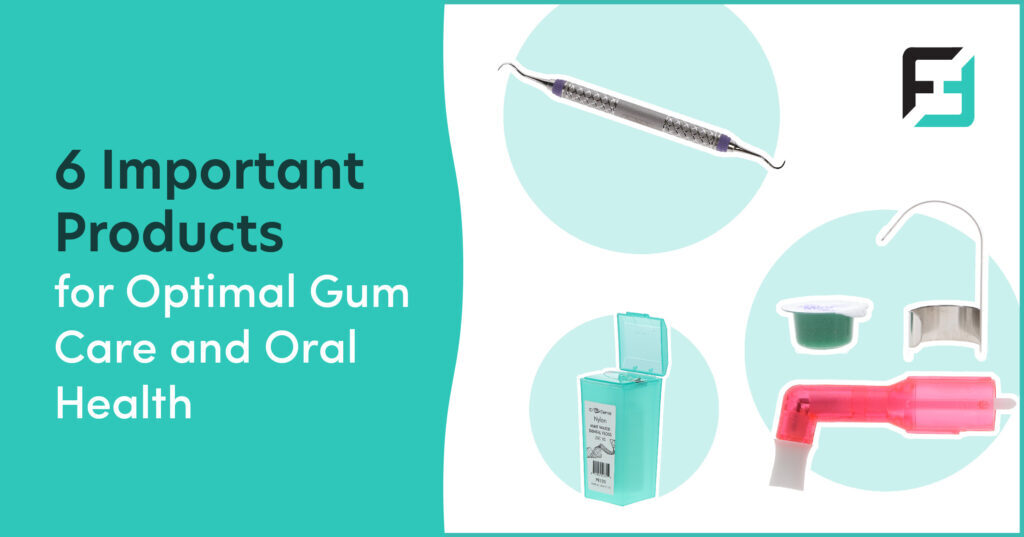Protect your patients’ smiles with healthy foods that love their teeth.

The common adage, “You are what you eat,” holds true for our bodies, minds, and even our mouths and teeth. The world’s most common disease is dental caries, yet simple dietary changes can help fight and prevent cavities. Dental professionals understand how nutrition affects oral health and are leading the crusade to help patients make smarter food and beverage choices.
At the same time, fresher, healthier food consumption is on the rise—especially regarding snacking. A 2025 Food Industry Executive report says we are in the midst of a “snacking revolution.” Ultra-processed and sugary treats are giving way to more fresh foods and natural ingredients. This is good news for oral and overall health concerns.
When it comes to oral health, there are specific foods that can be highly beneficial. This article will look at some of the best and worst foods for teeth and gums to reveal the components of an effective smile-strengthening diet.
While most patients think good oral health begins with brushing, flossing, and regular in-office cleanings, healthy teeth rely on proper nutrition. This includes macronutrients, such as protein, carbohydrates, and fats, as well as micronutrients, like vitamins and minerals. The following are some of the best and worst nutritional choices for oral health, starting with what not to eat.
Worst foods for oral health

It is no secret that sugar is hard on teeth and increases patients’ risk of developing cavities. The WHO recommends limiting the intake of free sugar—added sugar or sugar found in fruit juices, honey, and syrups—to 10% of a person’s total energy intake. This can be challenging since more than 7 in 10 packaged foods contain added sugar. Over-consumption of sugar is a major health hazard and contributes to type 2 diabetes, heart disease, fatty liver disease, and obesity. But why does sugar top the worst foods list for oral health? Sugar feeds cavity-causing bacteria, which produce the acid that erodes enamel.
Sugary carbonated beverages pack a double punch with both sugar acid and acid from the carbonation. Acidic foods and drinks, in general, can weaken tooth enamel if consumed often or in large quantities. Alcoholic drinks are no exception, as they are usually high in sugar and acid. They can also cause dry mouth—a reduction in acid-neutralizing saliva—leaving teeth vulnerable to decay.
Foods that may seem benign, such as pasta, white rice, and white bread, also threaten oral health. Certain starchy and refined carbohydrates break down into sugars in the mouth, contributing to tooth decay. Healthier dietary choices include complex carbohydrates, such as oatmeal, wholemeal bread, and brown rice, which are less easily digested by bacteria in the mouth, reducing cavity risk. But what other foods can be included in a smile-strengthening diet and promote good oral health?
Best foods for oral health

While there are foods that can weaken and harm teeth, there are also foods that can protect and strengthen them. Dairy and other calcium-rich foods often top the list of tooth-friendly choices. Milk, yogurt, and cheese promote strong teeth and bones due to their calcium and phosphorous contents. Calcium helps strengthen tooth enamel, while phosphorous helps rebuild it. Magnesium is also found in dairy and helps to support teeth and bone health. Other good sources of calcium, phosphorus, and magnesium include nuts and seeds, such as almonds and chia seeds.
Leafy greens, like kale and spinach, are calcium-rich and also contain folic acid that promotes healthy gums. Another champion of gum health is vitamin C, which helps stimulate collagen production and strengthen gum tissue. Good sources of Vitamin C include citrus fruits, which also have antioxidant and anti-inflammatory properties to help prevent gum disease.
Since citrus is also acidic, rinsing the mouth with water after eating will help reduce the risk of tooth erosion. In fact, drinking water after any meal (and throughout the day) will help to wash away bacteria, acids, and food particles to keep the mouth clean and protect tooth enamel.
Conclusion: Champion a smile-strengthening diet for healthy teeth and gums
The long-term relationship between nutrition and oral health is a two-way street. A good diet supports good oral health, while poor oral health can lead to a poor diet, especially if the patient has missing teeth or pain when chewing. Helping patients understand how nutrition affects oral health will help them maintain healthy diets that continue to strengthen their smiles.




.png)